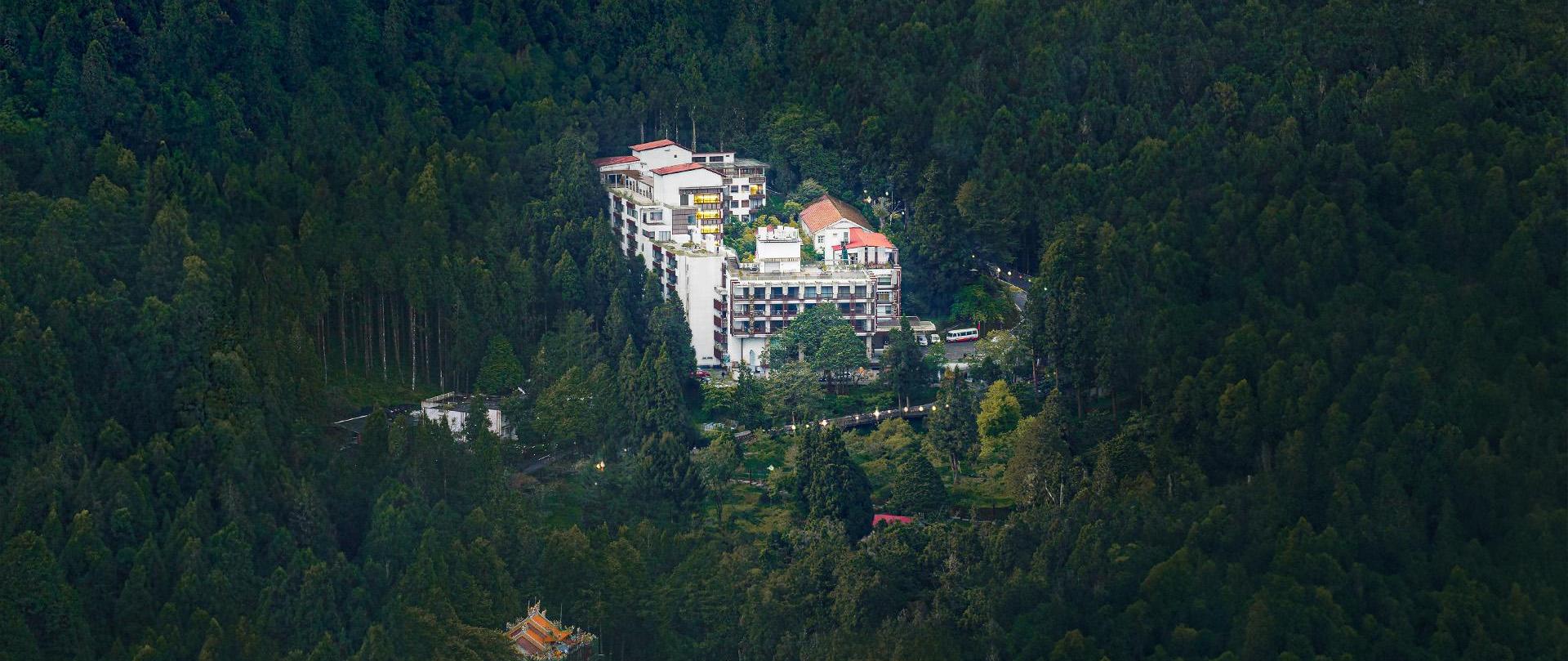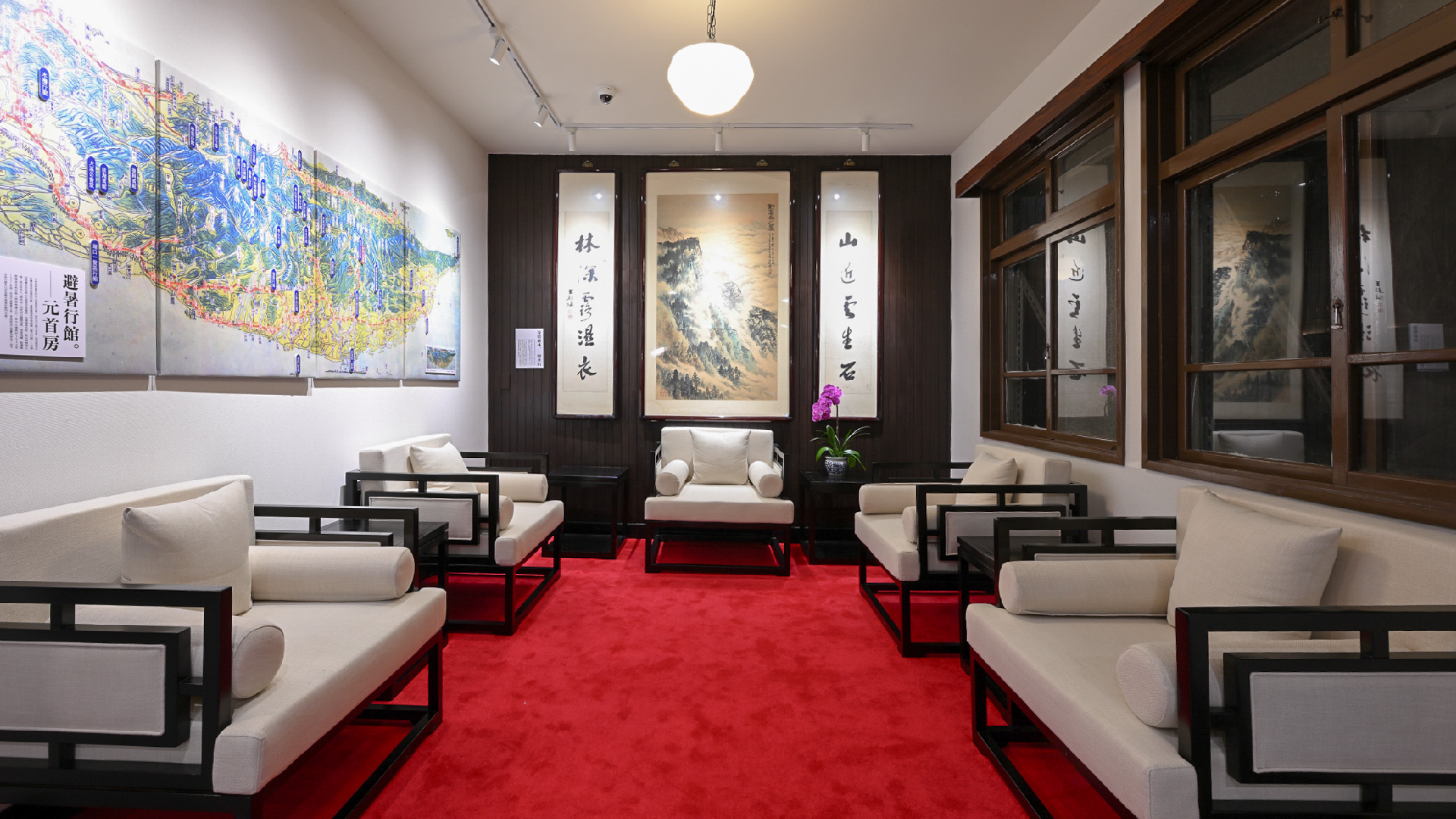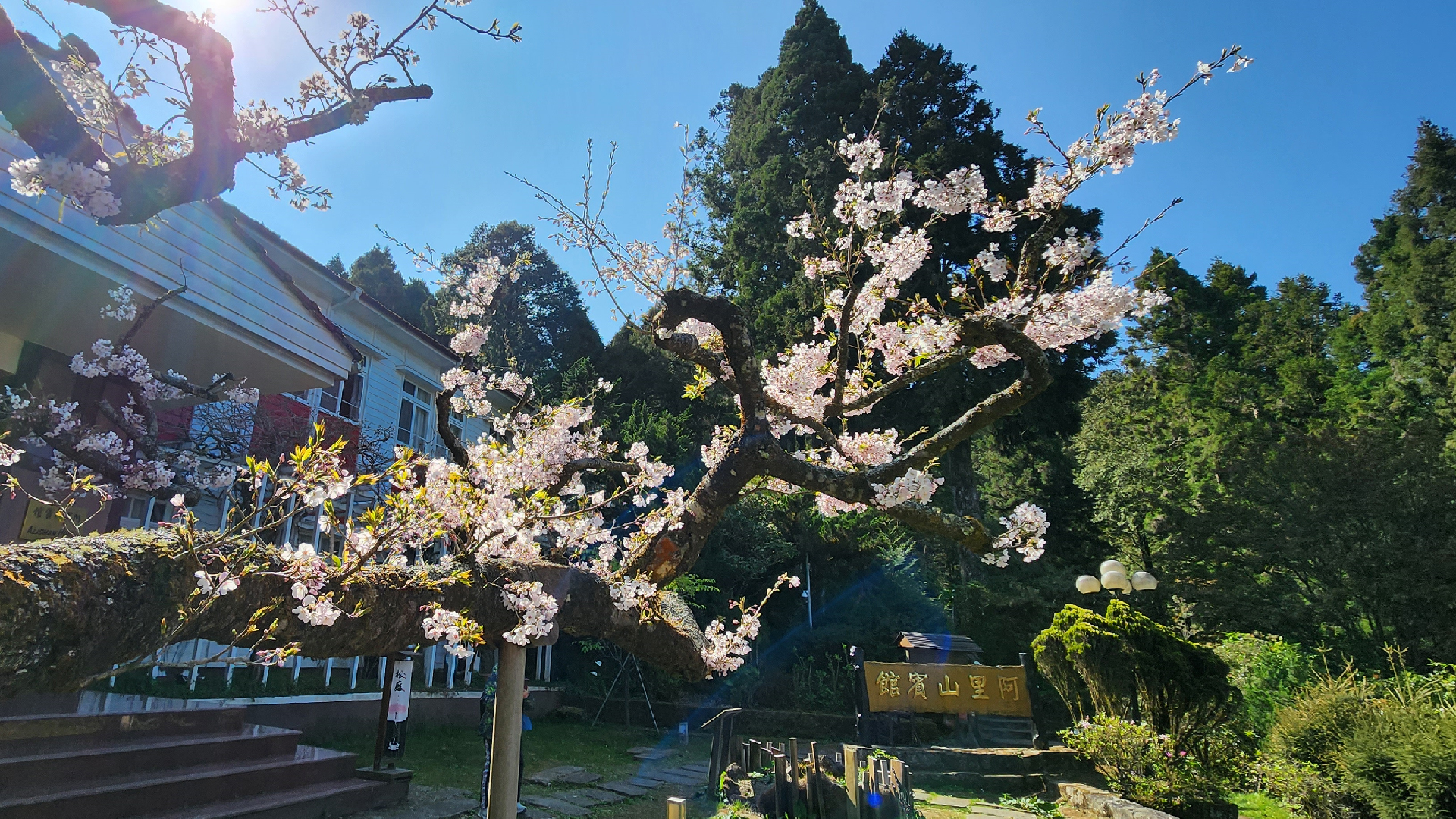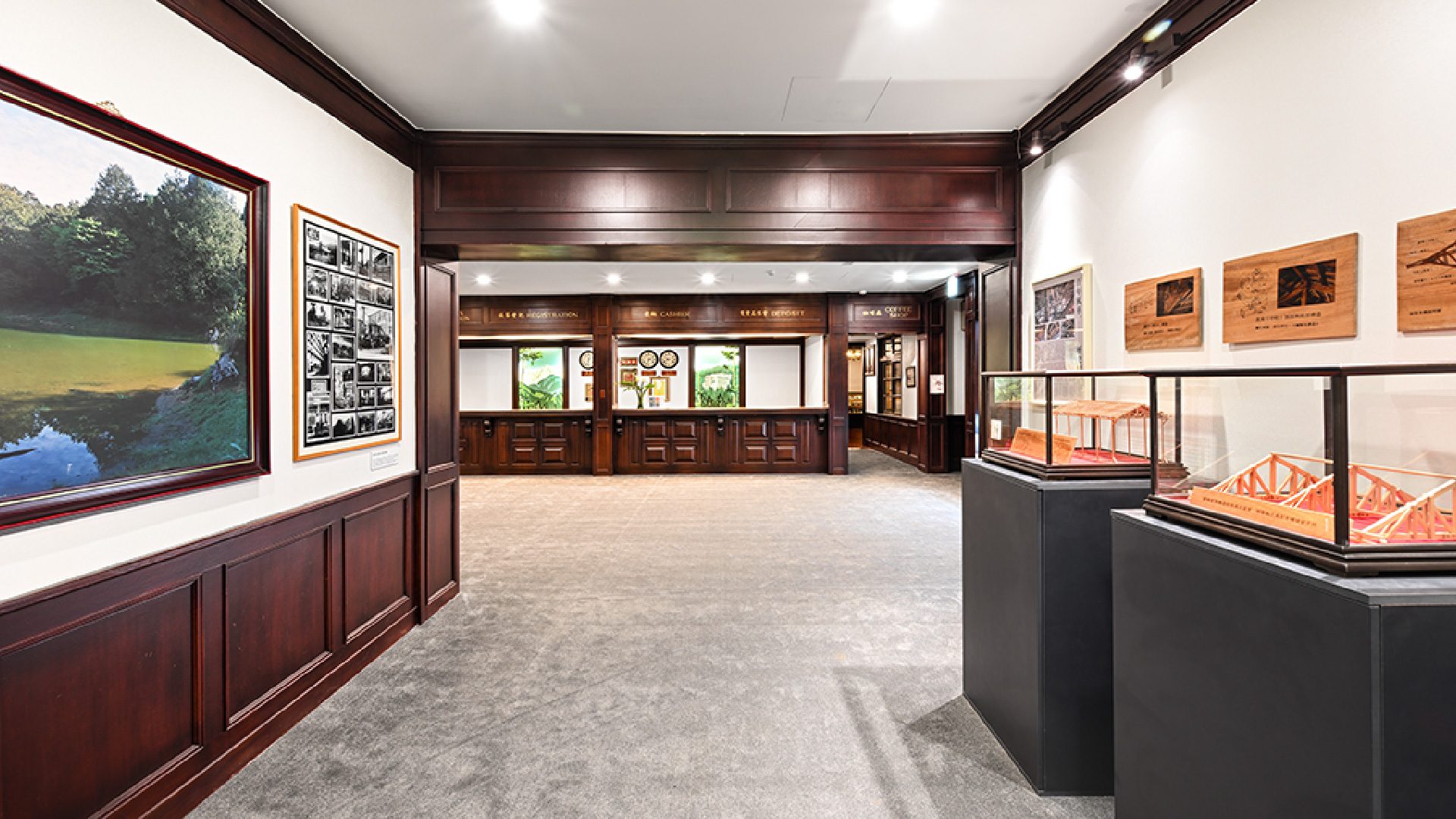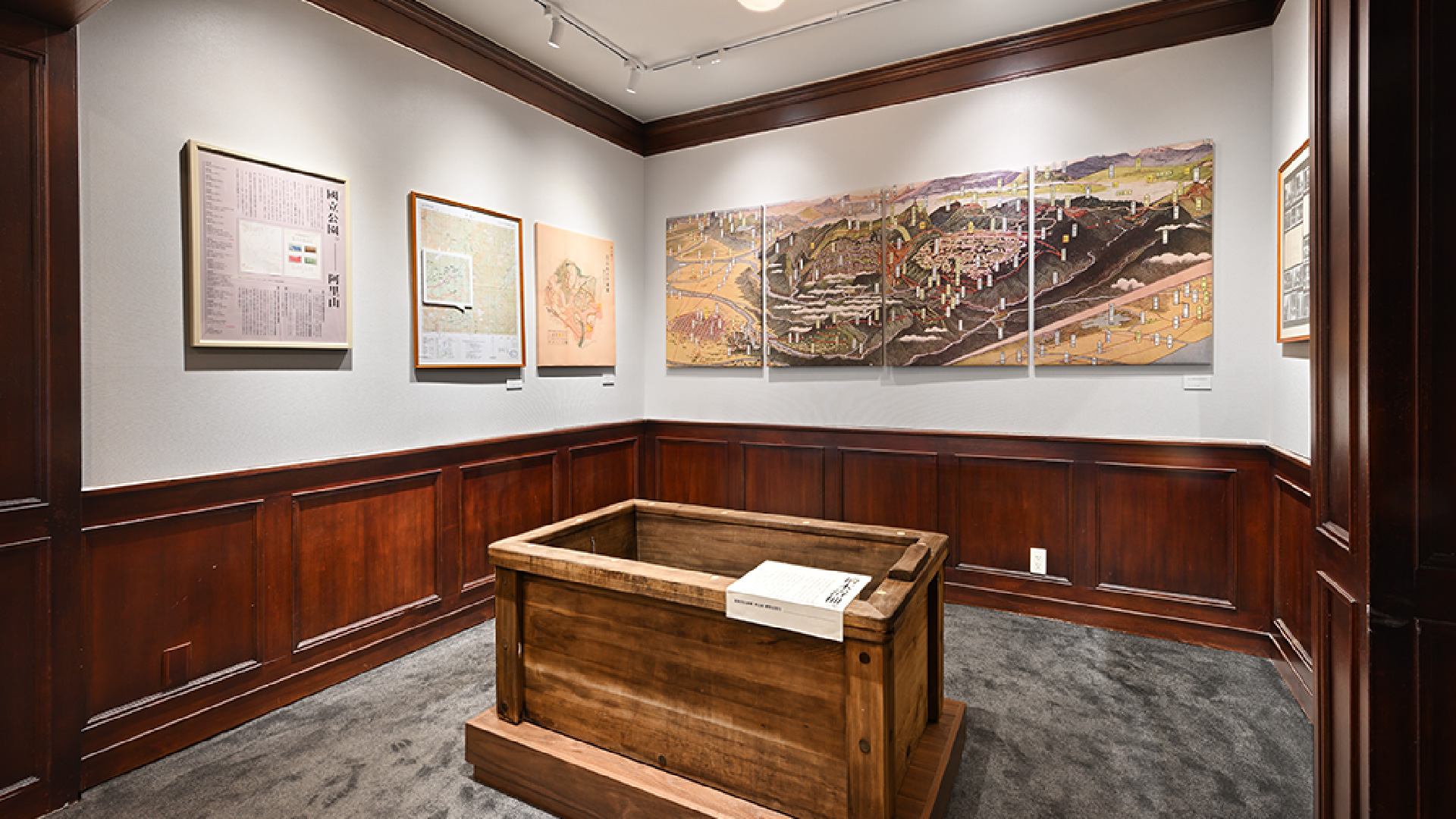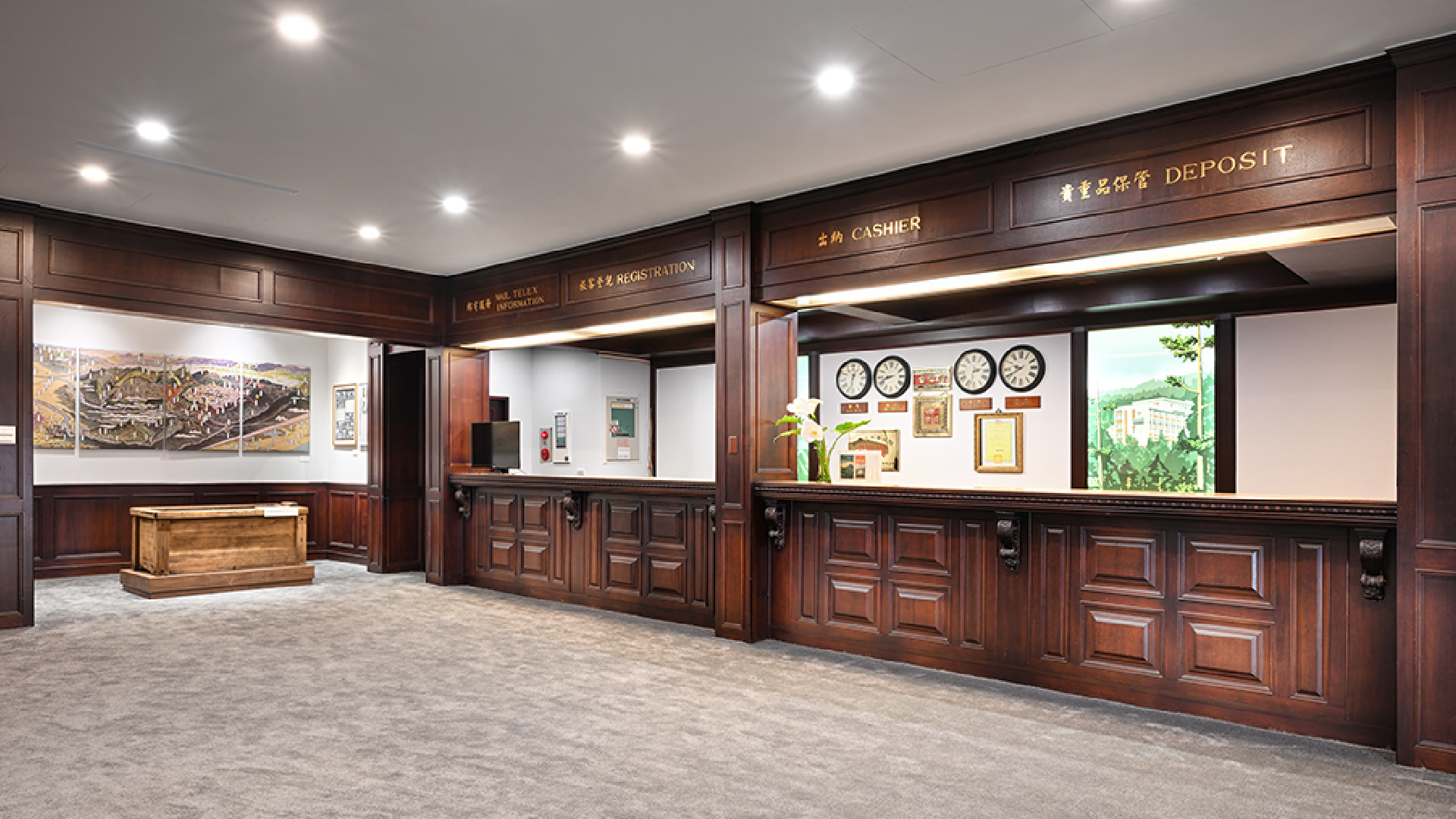依據歐盟施行的個人資料保護法,我們致力於保護您的個人資料並提供您對個人資料的掌握。
按一下「全部接受」,代表您允許我們置放 Cookie 來提升您在本網站上的使用體驗、協助我們分析網站效能和使用狀況,以及讓我們投放相關聯的行銷內容。您可以在下方管理 Cookie 設定。 按一下「確認」即代表您同意採用目前的設定。
Facilities
Facilities|Opening Hours|
- All day
|Location|
- Historical Building 6F/ 7F
|Exhibition|
- Nostalgic Counter Display Area
Since the Japanese colonial period, this has been the place for reception and check-in. The counter you see today has undergone many changes and was built in the style of the 1960s-1970s. The solid cypress counter gives people a sense of security, seeming to be the starting point of all visitors' stories in Alishan. Immersed in it, you can feel the reversal of time, where prosperity and flourishing become whispered stories before your eyes, awakening many guests' fond memories of early visits to Alishan.
Leaning against the cypress counter and taking a stroll in the nostalgic lobby, you would traverse through decades and experience the Alishan stories of the past hundred years.
- Cypress Bath Tub
Originally used to entertain governors and senior officials, the buildings were all made from Alishan cypress. Here, a large cypress bath tub of the old governor’s room is displayed. Madee entirely of cypress, the bath tube allows you to experience the details of the old era amidst the fragrance of cypress.
- Queen Sakura
Since the Japanese colonial period, Taiwan has initiated various cherry blossom planting projects due to the development opportunities in the Alishan Forest. Today, several precious hundred-year-old cherry blossom trees are still preserved, including the oldest Prunus × yedoensis trees in Taiwan, located at two places: the Alishan Hotel (Historical Building) and the now Alishan Weather Station. Among them, the Prunus × yedoensis in front of the Alishan Hotel (Historical Building) is particularly renowned. Originally planted to welcome foreign guests, it has adapted to the land of Taiwan and thrived for over a century, making it an important natural heritage of Taiwan.
In recent years, the hundred-year-old Prunus × yedoensis in Alishan has been severely affected by witches’ broom, facing the threat of dying. In the autumn of 2021, together with Japanese tree doctors, representatives of local residents of Alishan, and personnel from the Alishan Hotel, the Forestry and Nature Conservation Agency Chiayi Branch conducted an on-site inspection with the aim of saving the oldest Prunus × yedoensis and preserving the precious natural heritage of Alishan. The severely ill old cherry tree was delayed for ten years until 2021, with its body covered in wounds and its branches and leaves diseased. Only a faint breath remained. After a season, the hundred-year-old cherry tree miraculously revived. With ninety percent of its branches removed, it started to sprout new branches, expressing the joy of rebirth. The gradually recovering old cherry tree will continue to accompany us on this land! After undergoing emergency rescue efforts, it has now crossed the threshold of death. In the spring of 2022, it bloomed for the first time. This hundred-year-old life bears witness to history and extends into the next generation.
The Exhibition Area on the 7th Floor of the Historical Building
With its spacious layout, comfortable sofas, and retro atmosphere, it feels like stepping into a tunnel of time.
Located within the Alishan Hotel, the "1913 Wooden Antique Office" became the local cultural museum of Chiayi County in 2018. Exuding a rich and welcoming ambiance, it serves as a spiritual sanctuary for this land.
Every traveler to Alishan has their own story to tell. Erected in 1913, quietly nestled amidst the cypress forest, it has witnessed the rise and fall of the Alishan Forest Farm through the passage of time. Originally serving as a club to entertain high-ranking officials during the Japanese colonial period, and later transformed into a guesthouse, it has undergone over a century of changes to become the Alishan Hotel-Historical Building today. It has preserved the Alishan stories and memories of nearly four generations, inviting us to revisit the era when the scent of cypress filled the air.

